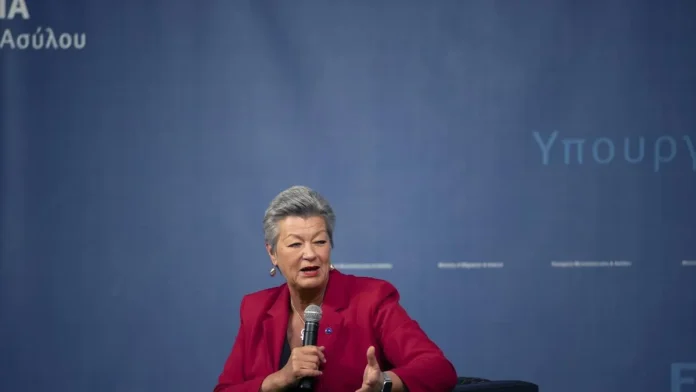In 2024, the EU will provide Egypt with 87 million euros and new equipment for a migration management project launched in 2022 and implemented by the UN migration agency and French Interior Ministry operator Civipol, Euractiv informed.
Meanwhile, the 87 million euros amount may increase to 110 million euros after the next EU-Egypt Association Council meeting on January 23. The funds will be channelled to improve the operational capacity of the Egyptian navy and border guards for cross-border surveillance and maritime search and rescue operations.
The European Commission is also holding parallel talks with Cairo to secure funding for other projects, including migration.
“With these EU funds, IOM [the UN’s migration agency, the International Organisation of Migration] is supporting Egyptian authorities through capacity building activities which promote rights-based border management and the respect of international law and standards, also with regard to search and rescue operations.”
French operator Civipol is working on the tender, production and delivery of new search and rescue boats by 2024. However, according to the EU’s asylum agency’s (EUAA) 2023 migration report, there have been almost no illegal departures from the Egyptian coast since 2016, with the majority of Egyptian illegal migrants to the EU coming from Libya.
At the same time, there has been a significant increase in the number of Egyptian nationals applying for visas to EU countries in recent years, the EUAA report stated, mainly due to the deteriorating domestic situation in the country.
As food and beverage inflation in Egypt will exceed 70 per cent in 2023, the currency would face multiple shocks and collapse, which would reduce the purchasing power of Egyptians. At the same time, private investors do not consider this North African country as a good place to invest.
The independence of the private sector was criticised in a Human Rights Watch report in November 2018. In the Juhayna Owners case, two Egyptian businessmen were detained for several months after refusing to transfer shares in their company to a state-owned enterprise.
Recent events at the Rafah crossing in the Gaza Strip, tensions in the Red Sea with Houthi rebels in Yemen, and war in the border country of Sudan have exacerbated instability in Egypt.
